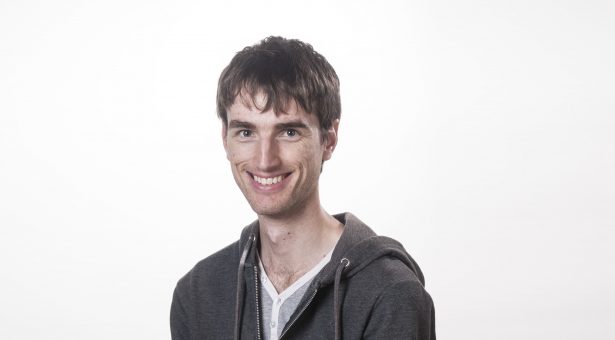Andrew improves his time management skills with the Norfolk and Norwich University Hospital.

Andrew improves his time management skills with the Norfolk and Norwich University Hospital.
Andrew Bell, a student at the Institute of Food Research, wanted to gain an insight into how pathology departments operate, with the hope of using this experience to aid a future application to the NHS scientist training program. With this in mind, Andrew arranged his internship at the Norfolk and Norwich University Hospital (NNUH), which he undertook from June to September 2016.
Andrew worked on a project involving the analysis of blood serum samples to assess levels of dehydration as part of the NUAGE project. During the placement Andrew was responsible for organising a large volume of blood serum samples and ensuring that they were all properly and fully analysed within the placement time, repeating any results which appeared to fall outside ‘normal’ values. The data were then carefully inputted into spreadsheets where they could be analysed and integrated with other data sets. These data will contribute to a research paper assessing dehydration state among the elderly across different nations. They will also be used in the development of calculations which aim to use test results collected in routine blood analysis to give an accurate assessment of hydration state, without the need for specific blood serum osmolality testing.
As a result of the internship Andrew learnt how to handle and manage a large number of samples and organise time efficiently to ensure all the samples were analysed correctly. Andrew found that this was a great way to improve his time management skills. Andrew also learnt about the ethical processes involved in handling human samples for research purposes, as well as the ethics and confidentiality of working with patient samples and results. Andrew developed his team work and communication skills as it was particularly important to maintain good communication skills between departments to ensure urgent tests were done before more routine work. He also developed an understanding of problems associated with dehydration and the extent to which dehydration exists, particularly among the elderly.
The secondary objective of the internship was for Andrew to visit different departments within pathology to understand how they differ and integrate together. “I hope that the experience I gained within the different pathology departments and NHS environment as a whole will benefit me if I decide to apply to the NHS scientist training program”, reflects Andrew.
In terms of Andrew’s own research, the biggest impact of the internship is on his improved time management and he intends to use his improved skills to make his research more efficient. Andrew did feel that three months was a long time to be away from his research and recommends future PIPS students to make a list of what they are currently doing with their PhD, and a detailed plan of what to do when they get back.
